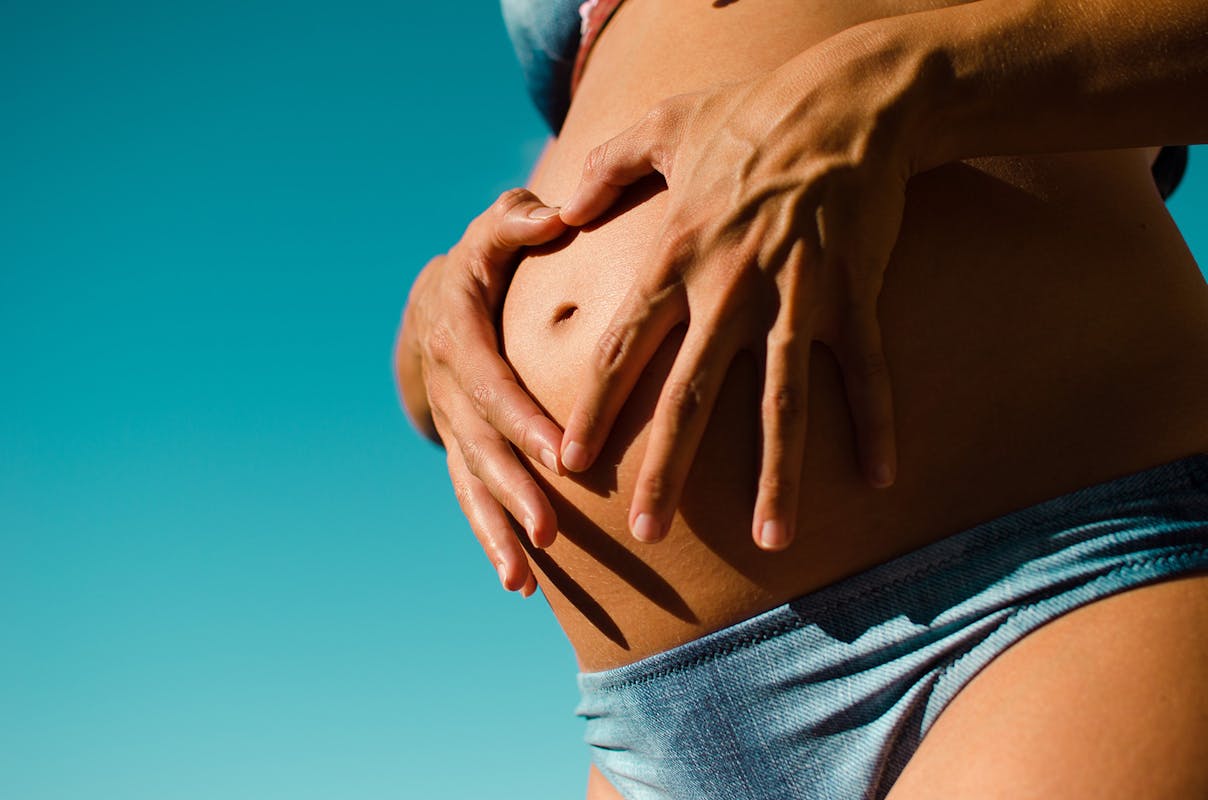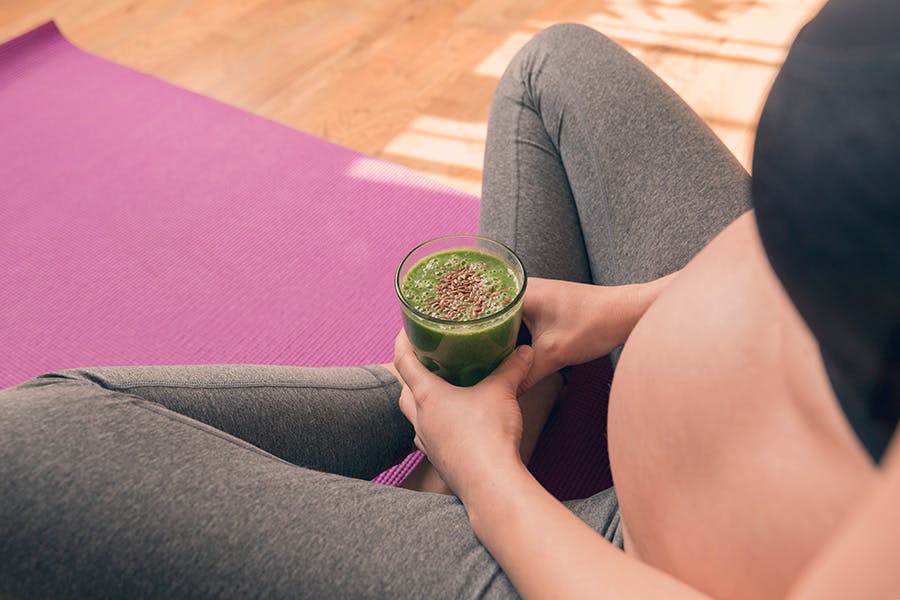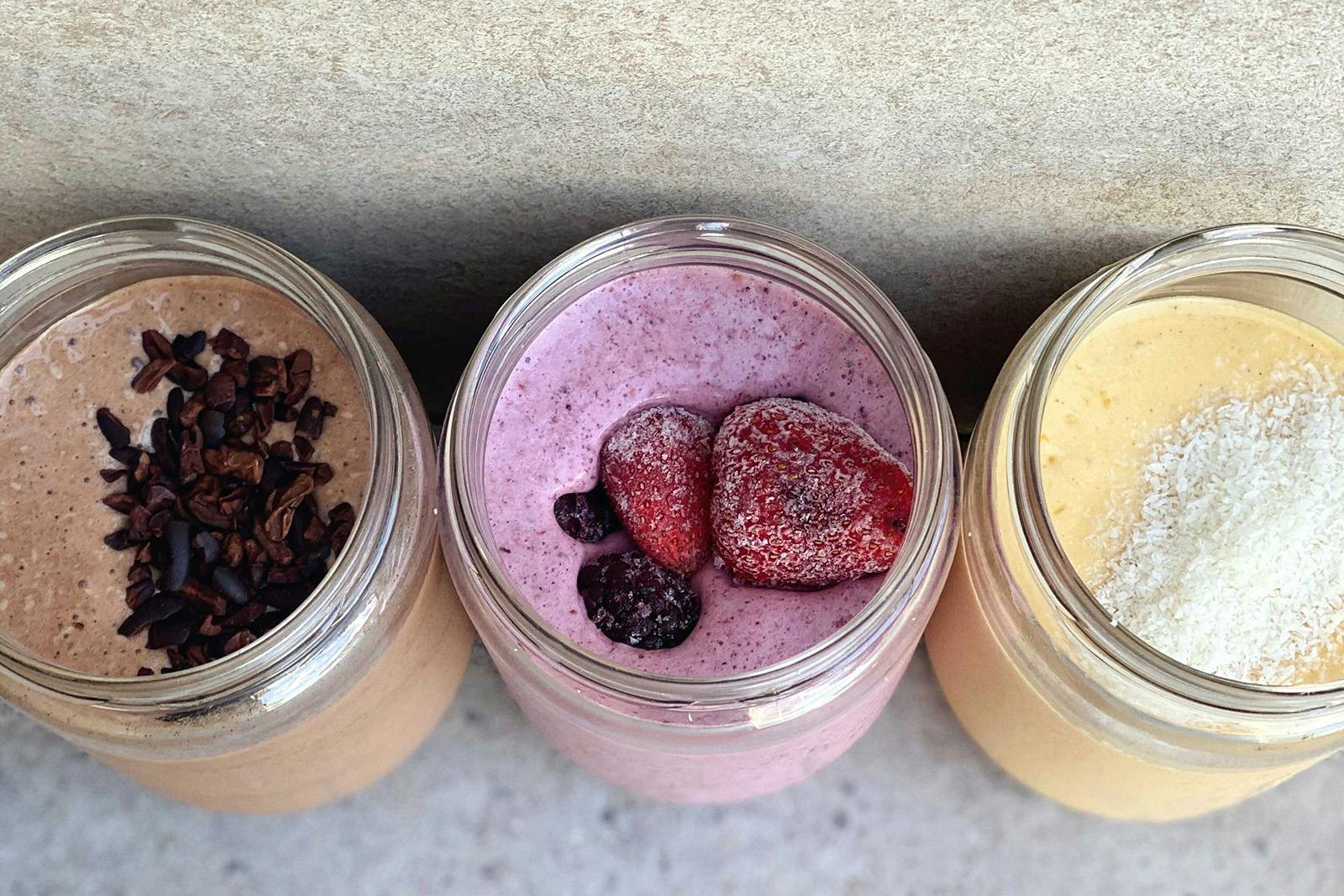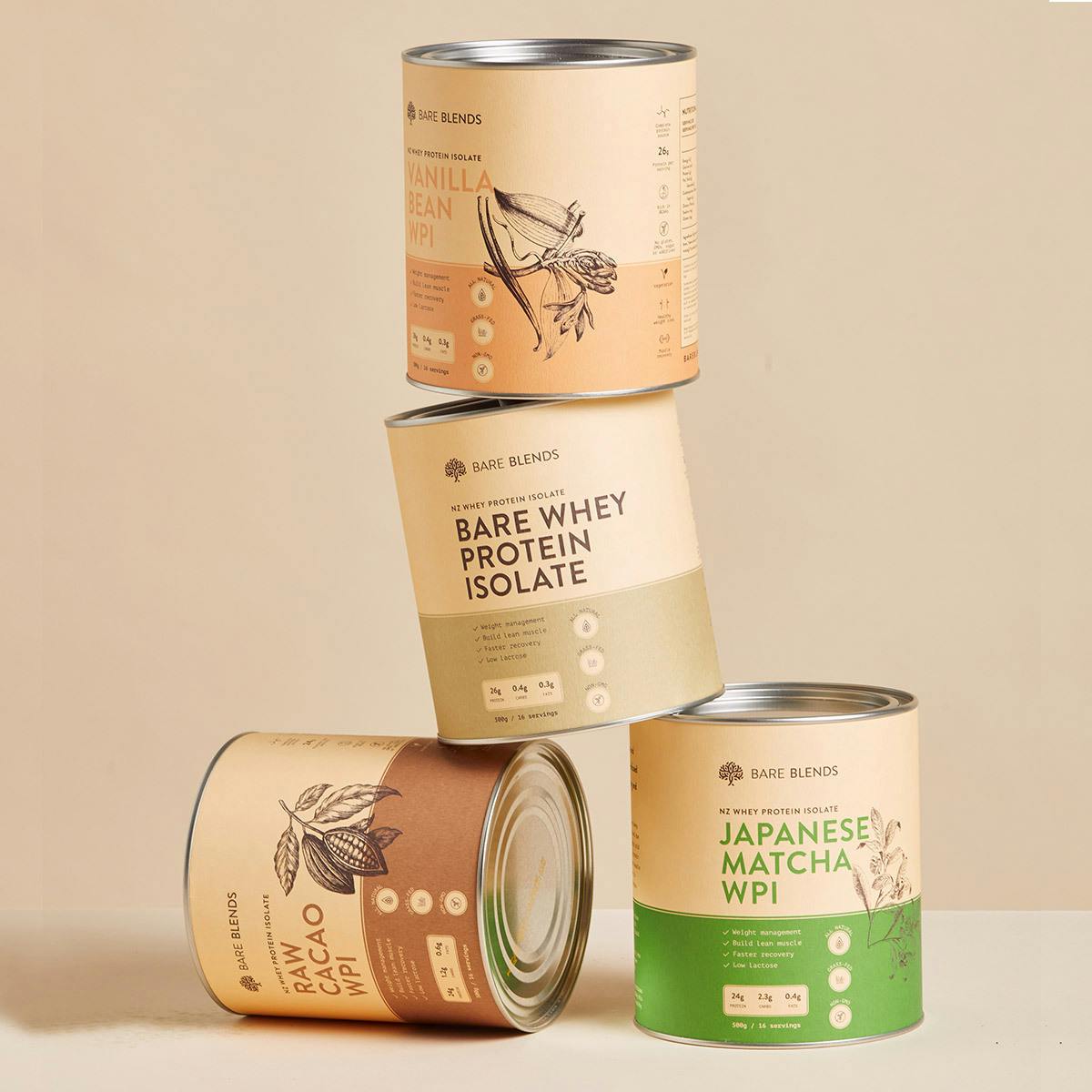Can You Have Protein Powder While Pregnant?
Here's what you need to know about protein powder and pregnancy.

Bare Blends
2021-04-09

Pregnancy is a time of change and growth, and the health of the mother (and subsequently, their child) is of utmost importance.
Women's bodies grow to support another human for nine months! And then they continue to nourish and support this new life for as long as they do. During the preparation, conception, pregnancy, and then recovery, getting the right nutrients to support this growth and change is paramount. Without sufficient protein, this adaptation wouldn’t be possible.
What is protein?
Protein is the building blocks of life, it occurs in all living cells and is used for building structure as well as daily function. Protein, whether from animal or plant sources, is made up of amino acids that the body uses for nearly every function. The amino acids are continually being broken down and rebuilt in a process called protein turnover. The proteins are then sent to the areas of the body that they're needed.
Importance of protein during pregnancy
During pregnancy, the mother's body changes to allow the baby and placenta to grow. Protein deposition in maternal and fetal tissue increases throughout pregnancy, particularly in the third trimester. Protein aids mothers in maintaining their own health while supporting increased growth of organs, blood supply and breast tissue to grow and nourish the baby.
Protein also ensures that other areas develop adequately, Including:
- Growth and repair of tissue
- Expansion of blood volume
- Adequate immune system antibodies
- Making hormones and enzymes
- Ensuring muscles function properly
- Transporting oxygen
Protein and amino acids are important for development of the baby, but also for the mother. During pregnancy the mother goes through great physiological change, adequate protein is crucial for a healthy outcome.

How much protein should I have during pregnancy?
Within only a matter of weeks after conception adjustments in protein metabolism happen in order to support fetal growth and development while maintaining health and growth for the mother. Protein and amino acid increases should be gestational stage specific, the highest need for increased protein is in the third trimester.
The requirement for protein is not necessarily linear through pregnancy, it increases the as the mother gets further into gestation. The averaged requirement for increased protein (on top of standard recommended daily intake (RDI)) during pregnancy is 6.0g/day, but the highest demand for more protein occurs in the third trimester of pregnancy when this increases to 10.7g/day more than the RDI of protein.
Pregnancy weight gain is distributed as one third gained in the second trimester and two thirds during the third trimester.
Can you eat protein powder when pregnant?
An organically derived protein powder flavoured with wholefoods is safe to consume during pregnancy as part of a healthy balanced diet.
There are definitely ingredients, as listed below, that we would avoid and also some pointers on what to look for if you decide to include a protein powder into your day.

Best protein powders for pregnancy
There are some beautifully crafted protein powders that are safe to consume during pregnancy and also some ingredients to look out for and keep clear of. Avoid protein powders that have long ingredient lists with things you cannot pronounce. Knowledge is power, so make sure to do your research.
What to look for:
- Organic ingredients where possible
- Whey, rice or pea protein powders (organic where possible)
- Flavoured with only whole foods (no artificial or natural flavours)
- If choosing whey; high quality, grass-fed whey protein
What to avoid:
- Artificial colours
- Artificial sweeteners
- Natural flavours
- Preservatives
- Sugar-alcohol sweeteners
- Genetically modified (GMO) ingredients
- Synthetic amino acids
Whey protein
Whey proteins can vary substantially depending on where they are produced, and the processing practices. Therefore, choosing a high-quality grass-fed whey protein powder with no added unnecessary or synthesized ingredients is important.
WPI
Sourced from the pristine grazing fields of New Zealand, Bare Blends’ whey protein isolate (WPI) is produced from fresh grass-fed dairy milk. Our NZ WPI is manufactured by cross flow micro-filtration and ultra-filtration, generating undenatured, soluble whey protein isolate with excellent nutritional value.
WPC
Bare Blends' Australian whey protein concentrate (WPC) is produced from fresh cheese whey via micro-filtration, and is easily digested by the body. WPC also contains important micro-peptides such as alpha-lactalbumins, beta-lactoglobulins and immunoglobulins, all of which possess extraordinary immune system-boosting properties.
Plant protein
There are many dairy-free protein powders which are excellent alternatives to whey protein for those who are sensitive to dairy. Bare Blends’ plant-based protein powders are made with a certified organic blend of pea and sprouted brown rice proteins that have been processed using low-temperature techniques, resulting in the highest possible nutrient density of any plant-based protein powder.

Sources:
Protein and Amino Acid Requirements during PregnancyNutrition During Pregnancy: Part I Weight Gain: Part II Nutrient Supplements
Protein


